Introduction
Nowadays, many brands claim to care about ethical sourcing and sustainable production by displaying their dedication towards responsible practices. But how can you know if these claims are true? Simple! You check if certifications like GOTS or FairTrade back their products. These labels act as gold standards in the ethical and sustainable textile landscape, instilling confidence in conscious consumers. Their standards protect workers, farmers and the environment, offering credible assurance that your money is well spent.
Our ‘GOTS vs Fair Trade’ feature will assist you in understanding the scope and purpose of these certifications, their differences, their shared goals and their impact. Let’s explore how FairTrade certified vs GOTS certified products are changing the dynamics of the textile and other industries globally.
What is the Difference Between GOTS Certified and Fair Trade Certified?
| Distinctions | GOTS | Fair Trade |
| Scope and Focus | GOTS primarily focuses on authenticating the organic nature of natural fibers like cotton. It sets standards for every aspect of the entire textile supply chain — from cultivation, processing, and manufacturing to packaging, labeling, trading, and distribution. | Fair Trade certification, while also promoting sustainable and ethical practices, has a broader scope, applying to various products beyond textiles. Fair Trade strives to provide a safety net for farmers by aiming to cover the average production costs of their crops, which is especially crucial during market price drops. |
| Certification Criteria | GOTS establishes stringent standards for organic content, prohibiting GMOs, chemical pesticides, aromatic solvents, etc., in textile processing. It has mandated the requirement of 70-95% of organic fibres in a product to earn the certification. | Fair Trade primarily addresses the ethical factors of a supply chain, such as income inequality, fair wages, safe working conditions, and community well-being across diverse product categories. |
| Environmental Practices | GOTS emphasizes organic farming and processing practices, reducing the negative impact on the environment by prohibiting conventional pesticides in fiber cultivation and toxic chemical inputs in textile production. | Fair Trade promotes sustainable farming systems and environmentally friendly practices but covers a wider array of products. |
| Applicability | GOTS criteria are tailored for the textile industry, ensuring the organic integrity of natural fibers and ethical practices. | Fair Trade extends to multiple industries covering both the food and apparel sectors. |
What is GOTS Certified?
The Global Organic Textile Standard (GOTS) is a leading textile certification system that sets eco-friendly processing standards for organically-grown raw materials. This certification covers a broad spectrum of natural fibers, including cotton, wool, silk, and hemp, highlighting its commitment to sustainable practices across various sectors of the textile industry. By setting rigorous environmental and social criteria in the entire supply chain, GOTS addresses critical issues like water and energy usage, waste management, and fair labor practices.
GOTS was established through a collaboration involving the Organic Trade Association (OTA, USA), Internationaler Verband der Naturtextilwirtschaft (IVN, Germany), The Soil Association (UK), and Japan Organic Cotton Association (JOCA, Japan). The objective of its formation was to develop a universally acknowledged organic certification for textile processors and manufacturers, enabling them to export their products globally.
Requirements for GOTS Certification
GOTS certification holds significant importance in the textile industry due to its comprehensive approach to ensuring the organic integrity of finished products. With two types of certifications available – “Made with Organic” and “Organic” – GOTS provides consumers with clear indicators of the organic content in textiles. The “Made with Organic” certification requires a minimum of 70% organic material, while the “Organic” certification demands 95% or more organic fibers. Both these certifications forbid incorporating conventional cotton, angora wool, and virgin polyester. Moreover, blending organic and conventional fibers of the same type is strictly prohibited by both labels.
Additionally, GOTS guidelines strictly prohibit the usage of harmful substances such as genetically modified seeds (GMOs), pesticides, synthetic fertilizers, and heavy metals in the organic farming of natural fibers like cotton, hemp, etc.
GOTS offers two kinds of organic certifications: Scope Certificates (SCs) and Transaction Certificates (TCs). While SCs affirm a supplier’s adherence to all parameters for processing GOTS goods, TCs verify that the goods meet all GOTS product criteria. Through these independent certification procedures, GOTS ensures compliance with its standards, providing consumers with reliable assurances of product authenticity and integrity.
Significance of GOTS Certification in the Textile Industry
GOTS Certification guarantees eco-friendly and ethical production methods in a textile supply chain. To check the environmental aspects, it verifies farmers’ or manufacturers’ agricultural practices, conservation of healthy soil, low water consumption, elimination of dangerous chemicals, etc.
Furthermore, GOTS supports fair trade principles and responsible manufacturing. It evaluates if workers involved in the production process receive fair wages and operate in safe, healthy working conditions. By strictly banning modern slavery acts like forced or child labor, GOTS protects the rights and well-being of all employees in every stage of the supply chain.
What is Fair Trade Certified?
Fair Trade certification is a recognized international standard that emphasizes fair and ethical trade practices, ensuring that producers, farmers, and workers receive fair compensation for their labor. It fights for child labor rights, workers rights and safety and breaks down cycles of poverty in working communities. Farmers involved in Fair Trade-certified facilities are part of cooperatives, granted access to credit and play a significant role in decision-making with a 50% say in major matters. This certification provides farmers with a minimum fair price for their crops, protecting them from market fluctuations.
Fairtrade International was established in 1997 as an international non-profit, multi-stakeholder association consisting of 22 member organizations, including 3 producer networks and 19 national Fairtrade organizations. Its standards require that workers are paid a living wage, which covers their basic needs and provides for a decent standard of living. The certification ensures that workers have the right to organize and collectively bargain.
The Fairtrade Textile Standard was introduced in 2016. It is applicable to producers and companies using Fairtrade certified cotton and/or other labeled “responsible” fibers. And just like it protects the rights of workers engaged in other industries, it aims to uplift cotton farming communities by providing them with fair wages and addressing the environmental impacts of textile production.
Apart from ethics, Fairtrade is committed to conserving the environment. It encourages farmers to adopt eco-friendly farming methods by banning the use of GMO seeds and specific harmful pesticides. It supports sustainable farming systems, encourages farmers to invest in improved irrigation techniques, and trains them to minimize the ecological footprint of agriculture.
Broader Impact of Fair Trade Certification
The scope of Fairtrade certification extends beyond textiles like Fairtrade Cotton. It includes various products such as coffee, tea, chocolate, fruits, flowers, and handicrafts. The certification focuses on creating equitable partnerships and promoting sustainable development by addressing economic, social, and environmental concerns. Fair Trade is much more than enhancing trade conditions; it aims to eradicate income inequality and uplift small-scale farmers and manufacturers.
Community development is an essential element of Fair Trade. Certified products often come from cooperatives or organizations that invest in community projects, such as education, healthcare, and infrastructure. This holistic approach contributes to the overall well-being of the communities involved in the production process.
GOTS vs Fair Trade Certified: Common Goals
1. Sustainability
GOTS promotes sustainability in the textile industry by setting strict standards for organic agriculture and eco-friendly manufacturing practices in every stage of production. Fair Trade Organisations advocate for sustainable practices across various sectors, encouraging environmentally friendly farming, production, and trade methods. These eco-friendly measures include limiting chemical usage, minimizing waste water and air pollution, etc.
2. Ethical Labor Practices
GOTS strictly evaluates a supply chain’s fair trading practices. It stands for the humane and ethical treatment of workers in the textile industry by guaranteeing fair wages, safe working conditions, and zero tolerance over forced or child labor. Similarly, Fairtrade focuses on ending poverty and wage gaps by ensuring fair wages for farmers and workers. It strives to improve working conditions and community development to uplift workers in various industries, including agriculture and manufacturing. Fairtrade also assists women in establishing their enterprises and trains them to assume roles as entrepreneurs and leaders within their communities.
GOTS vs Fair Trade Certified: Product Categories
GOTS
GOTS certification applies to a diverse array of product categories within the textile industry. From clothing for all age groups to bed and bath textiles, mattresses, upholstery, personal hygiene items, textiles for food contact, and more, GOTS ensures that an extensive range of products meets its ecological criteria.
Fair Trade
Fair Trade certification is applicable to a broad spectrum of goods. While textiles can carry the Fair Trade label, this certification is not limited to one industry. It evaluates farmers’ and workers’ status in the supply chain of items like tea, coffee, chocolate, cocoa, fruits, flowers, and various crafts. The diversity of Fair Trade certification demonstrates its versatility and applicability, proving its commitment to fairness across a wide range of consumer goods.
GOTS vs Fair Trade Certified: Impact and Implementation
GOTS
When opting for GOTS Certified products, consumers support an environmentally conscious textile industry. GOTS ensures that the production processes adhere to strict organic standards, eliminating harmful chemicals that jeopardize human health and promoting eco-friendly practices. Producers are encouraged to use organic fibers, adopting sustainability from cultivation to the finished product. GOTS certification signifies a commitment to ecological responsibility, influencing businesses to adopt greener manufacturing practices. For consumers, choosing GOTS Certified items means making a sustainable and ethical choice that aligns with environmental values.
FairTrade
By selecting FairTrade products, consumers actively endorse a transformative economic system that uplifts marginalized farmers, artisans, and workers globally. FairTrade establishes equal trading partnerships to enable economic development. The certification process guarantees that the products have been cultivated, crafted, and traded in ways that enhance people’s lives and safeguard the environment. The pillars of income sustainability, empowerment, individual and community well-being, and environmental stewardship guide FairTrade practices. It influences producers, businesses, and consumers to contribute to positive change every day for a fair and just global economy.
Takeaways
The importance of raising awareness around GOTS vs Fair Trade certifications cannot be overstated enough. These certification bodies guide consumers and businesses towards responsible choices by highlighting the significance of organic textiles and being fair to underserved farmers and workers. They provide assurance that products are produced in a manner that respects both people and the planet, promoting fair wages, safe working conditions, and environmentally friendly practices.
As consumers, we have the power to channel a more equitable and sustainable world by supporting GOTS and Fair Trade-certified organic products. Let’s come together and adopt these global trade systems that prioritize fairness, environmental standards, and social responsibility in our shopping habits.

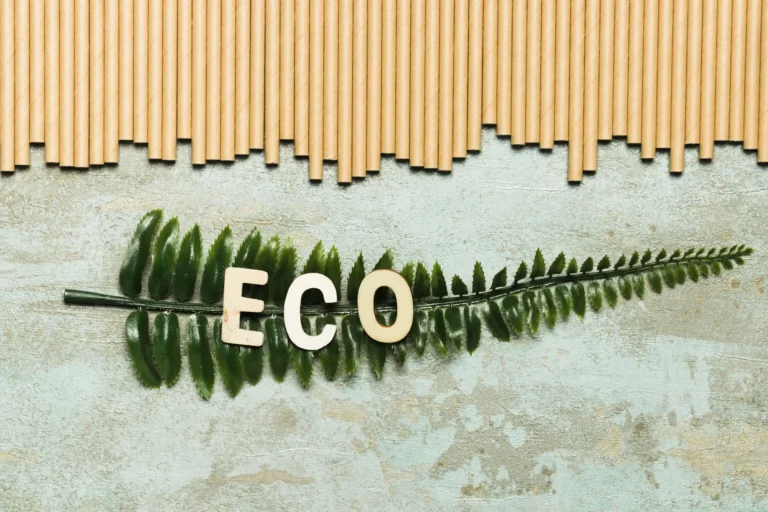
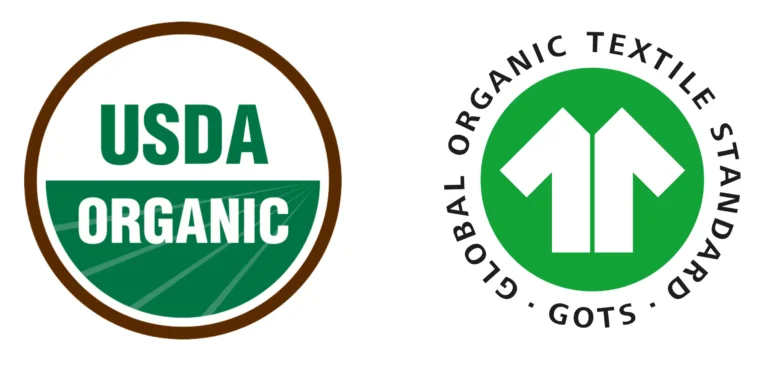
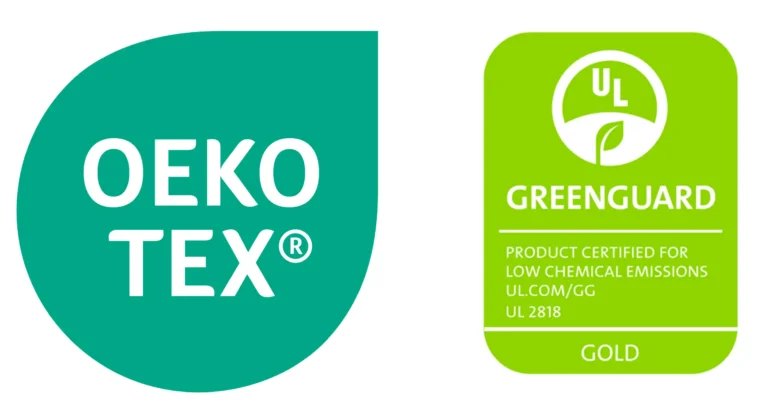
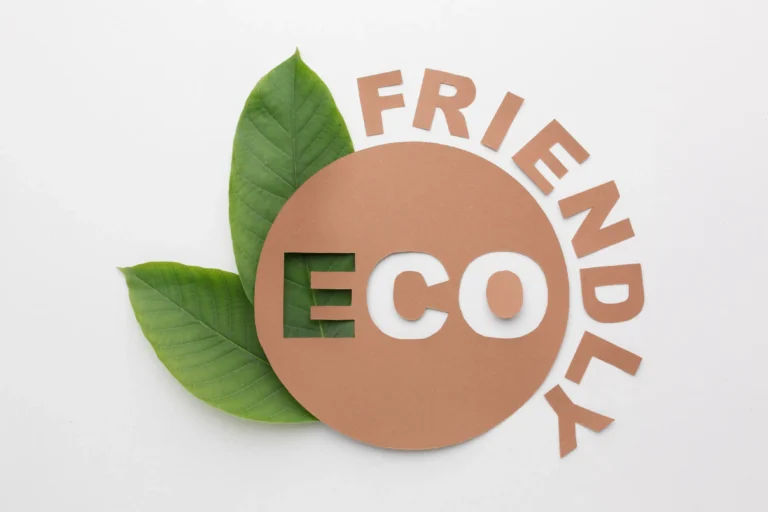

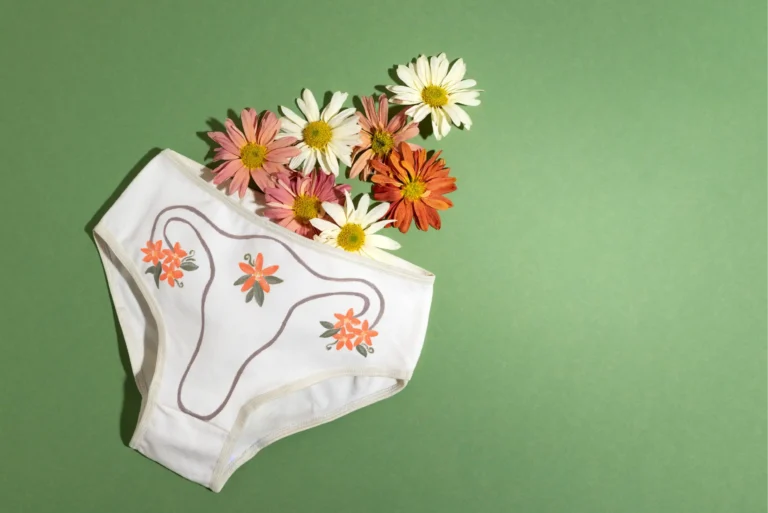
Be Good Do Good – Fashion, The Right Way
Get the Be Good newsletter straight to your inbox. Learn about the fashion industry’s burning problems and sustainability tips, as well as new sustainable and ethical brands.